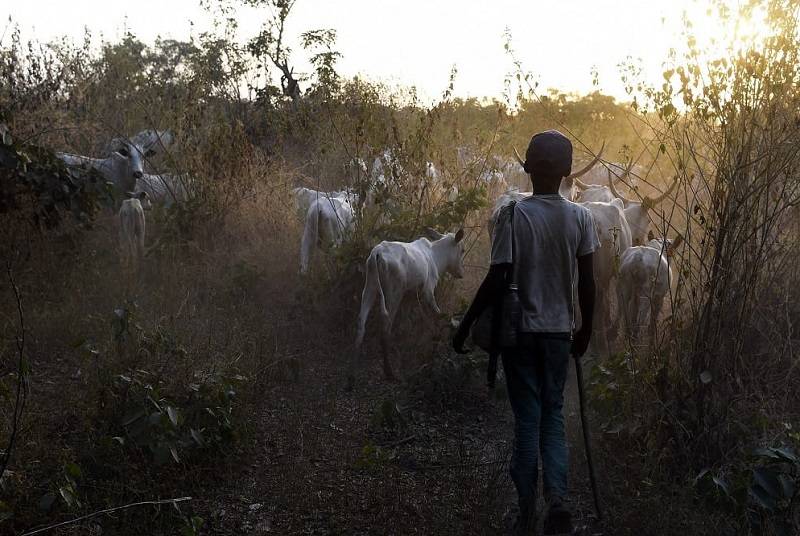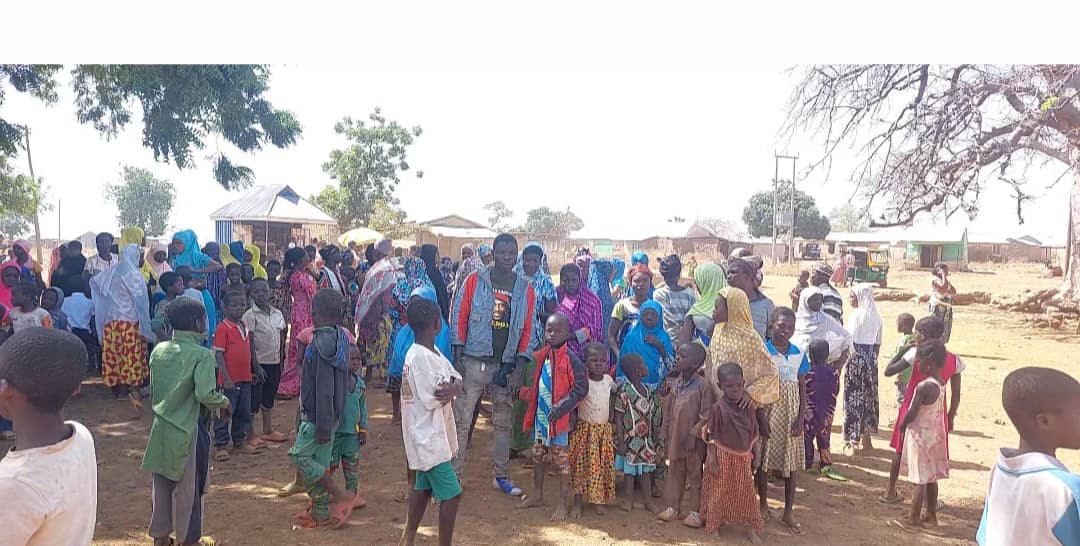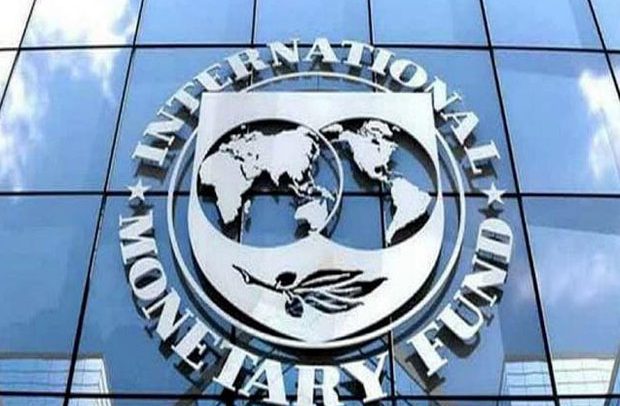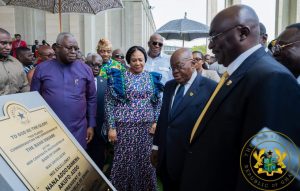
In Ghana, the saying “It takes a village to raise a child” is a deeply rooted reality. Extended families play a crucial role in nurturing and guiding children, often stepping in to provide support that goes beyond the nuclear family structure.
From grandparents acting as caregivers to aunts and uncles offering mentorship, the extended family ensures no child is raised in isolation. This communal approach instills cultural values such as respect for elders and the importance of community, while also providing financial and emotional stability in times of need.
The extended family in Ghana plays a vital role in raising children, deeply rooted in the values of unity and communal responsibility.
Here are five key roles of extended families in raising a child in Ghana:
1. Providing Emotional Support
Extended family members offer a strong emotional foundation for children, helping them navigate life’s challenges. For instance, when a child feels upset after a poor performance at school, an uncle or grandmother might step in to provide encouragement, reminding them that failure is part of learning. This emotional reassurance boosts confidence and fosters resilience.
2. Offering Guidance and Wisdom
Grandparents and other elders often guide children by sharing their life experiences and cultural wisdom. For example, a grandfather might gather the family in the evening to narrate Akan folktales like Ananse stories, teaching moral lessons such as honesty, hard work, and respect for elders. This guidance shapes the child’s character and keeps cultural traditions alive.
3. Financial Assistance
The extended family provides crucial financial support, especially when parents face economic challenges. A common scenario is an aunt or uncle stepping in to pay part of a child’s school fees or purchasing textbooks for a nephew or niece. This collective financial responsibility ensures the child’s education is uninterrupted.
4. Serving as Caregivers
In Ghana, it’s common for children to stay with their grandparents or other relatives during holidays or when parents are away for work. For instance, in rural areas, parents working in Accra may leave their children with grandparents in the village. These caregivers ensure the children are fed, schooled, and protected, providing a stable environment in the parents’ absence.
5. Fostering Social and Cultural Identity
The extended family plays a critical role in preserving cultural heritage. For example, during traditional festivals like Homowo (celebrated by the Ga people) or Aboakyer (by the Effutu people), children often participate in rituals and ceremonies with their extended family. Through such involvement, they learn their tribe’s language, values, and history, ensuring a strong sense of identity and belonging.
In Ghana, the extended family isn’t just an optional support system—it’s an integral part of a child’s growth and development. Whether through financial help, caregiving, or preserving cultural values, the extended family ensures children are nurtured in a holistic and culturally rich environment.
Read Full Story













Facebook
Twitter
Pinterest
Instagram
Google+
YouTube
LinkedIn
RSS